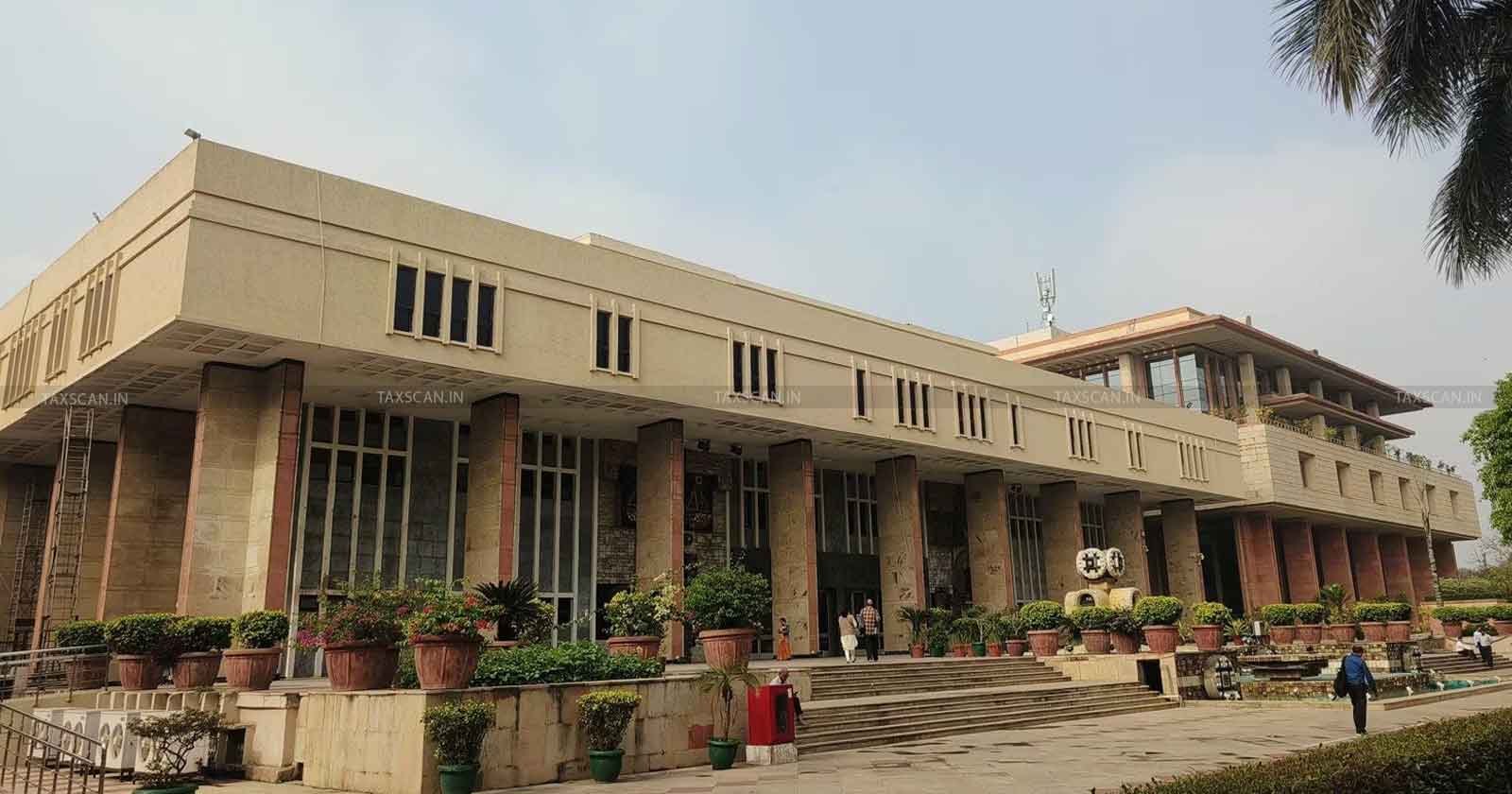Reassessment Notices u/s 147 and 148 Beyond Time Limits: Delhi HC Enforces Statutory Limits u/s 149(1) [Read Order]
The Delhi HC asserted that the reassessment powers given under Sections 147 and 148 must adhere to the statutory provisions laid down by the IT Act, as this is essential for equitable justice

Delhi HC – Delhi High Court – Reassessment Notices – Section 147 – section 148 – Delhi HC enforces Statutory Limits – taxscan
Delhi HC – Delhi High Court – Reassessment Notices – Section 147 – section 148 – Delhi HC enforces Statutory Limits – taxscan
The Delhi High Court recently ruled in a petition filed by Sanjay Singhal that notices issued beyond statutory limits are not valid unless the delay is substantiated with proper reasons. The petitioner, Sanjay Singhal, filed his return of income for the assessment year(AY) 2015-16 on 20.08.2015, with a total income of ₹7 lakhs. Later, the tax department conducted a search and seizure operation on the petitioner's account as part of the Sharp Group of cases investigation.
The AO made an addition of ₹11 Cr to the petitioner’s account under Section 69C of the act, which was later deleted by the Commissioner of Income Tax(Appeals) [CIT(A)]on the grounds of a lack of evidence. The Tribunal later upheld CIT(A)’s order, deleting the addition and stating that the evidence points towards a third party, Rajlaxmi Commodities Pvt—Ltd, rather than the petitioner.
The AO 2024 issued a notice under Section 148a(b) of the Act to reinitiate the proceedings to reassess the petitioner’s income for the AY 2015-16 under Section 147. This was beyond the statutory tie limit prescribed under section 149(1), and the AO relied on the broader powers provided within section 150 of the Act.
Empowering MSMEs: Recover Dues Easily with Samadhaan Click here to Enroll
The Delhi High Court held that the Income Tax Act of 1961 provided strict time limits for reopening assessments under Section 148. In the present case, the petitioner was notified of such reassessment beyond the permitted period specified under the act. The Revenue argued that Section 150 of the Act sought appropriate clarifications enabling it to proceed with fresh assessments. The court retorted that Section 150 could not override the statutory limitations laid down in Section 149(1) unless the requirements outlined in Section 150 are satisfied.
To assert their case, the revenue had resorted to the Supreme Court decision in Principal Commissioner of Income Tax v. Abhisar Buildwall Private Limited. The High Court, on analysing the decision of the case, held that proceedings under Section 153A of the Act could only be initiated only if incriminating material had been found during the search proceedings and also that the Supreme Court had also noted in cases where the said proceedings could not be complete, the revenue was not remediless. It could take recourse to sections 147 and 148 of the Act. The High Court further relied on the decision of a similar case in ARN Infrastructure India Ltd v Assistant Commissioner of Income Tax, reiterating that Section 150 cannot be used to surpass the statutory time limits set by the IT Act.
Empowering MSMEs: Recover Dues Easily with Samadhaan Click here to Enroll
The two-member bench, Justice Vibhu Bakhru and Justice Swarana Kanta Sharma, asserted the importance of regulating the reassessment avenues available to serve equitable justice. The Court held that the period within which a notice can be issued under Section 148 of the Act, as stipulated under Section 149(1), is unmerited and unsuitable in the facts of the case. As a result, the notices issued under Section 148 of the Act for the 2015-16 AY are set aside.
To Read the full text of the Order CLICK HERE
Support our journalism by subscribing to Taxscan premium. Follow us on Telegram for quick updates


